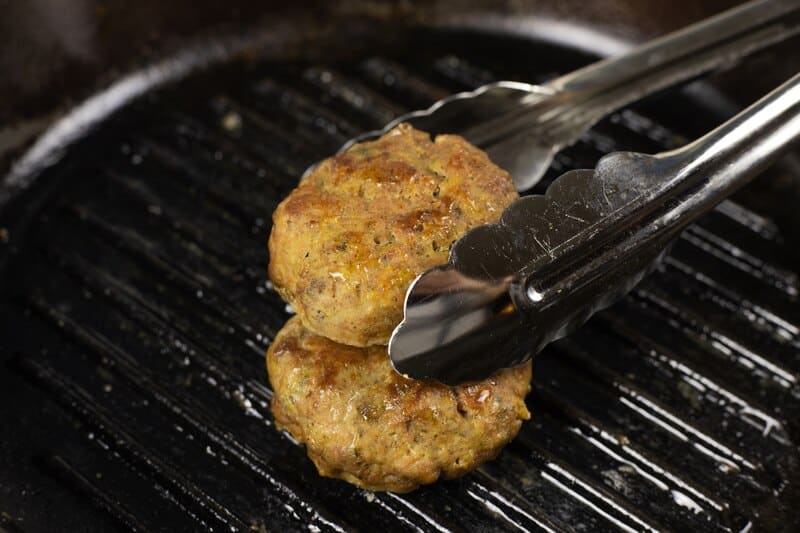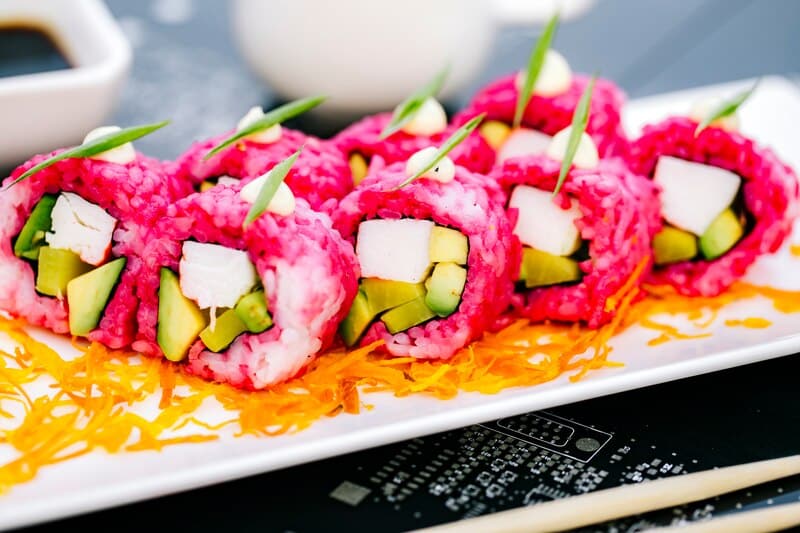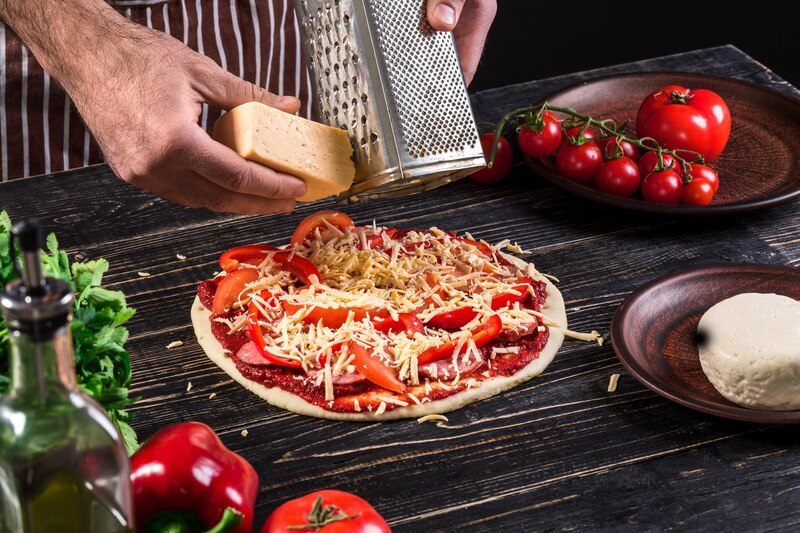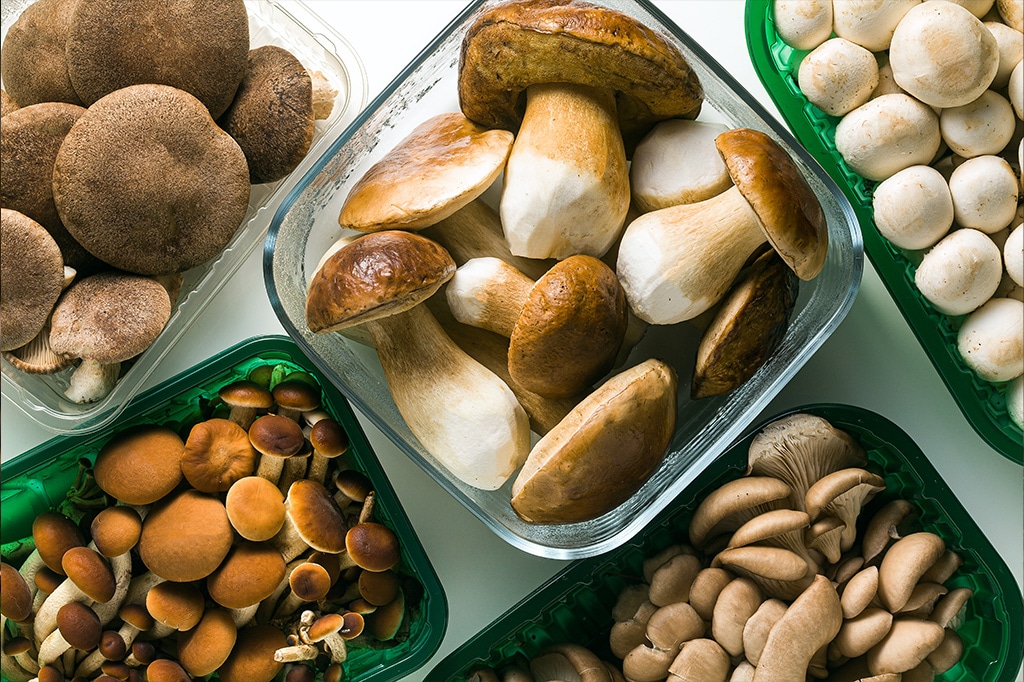Mycel, a South Korean company spawned from Hyundai Motor Company, is not only developing mycelium biomaterials to replace animal leather; it also aims to produce fungi-based protein in 2023.
Mycel, a South Korean business, is developing biomaterials derived from fungi that can replace both animal leather and flesh. Recent pre-Series A fundraising of $10 million will allow the company to market its biomaterials as early as next year.
Mycelium, the rapidly growing root structure of mushrooms, is being used by many industries worldwide to substitute animal leather in products ranging from automobile seats to footwear and handbags. MycoWorks, a San Francisco-based firm, raised $125 million in a Series C funding round at the beginning of this year, which will be used to construct a mushroom leather production facility in Union County, South Carolina for its flagship product Reishi. Bolt Threads secured $253 million in September 2021 to advance the commercialization of its Mylo mycelium leather, which has already been included in Stella McCartney, Adidas, and Adidas-designed jeans, handbags, and shoes.
Mycel will use its new capital to expand its platform, which harnesses the regenerative growing system of mycelium to manufacture a biomaterial that can be used in a wide range of industries, including fashion, cosmetics, and pharmaceuticals. The Seoul-based business intends to construct a production facility in South Korea for the mass production of its fungi-based biomaterials and increase its workforce to 42 employees.
Mycel is also in discussions with worldwide brands to co-develop mycelium-based leather products and cosmetic ingredients, to commercialize their mushroom leather by 2023.
Mycel was created in 2020 by former Hyundai employees Sungjin Sah, Sungwon Kim, and Yunggon Park as a spin-off firm that arose from Hyundai Motor Company’s in-house startup program. To differentiate itself from other mushroom leather firms, Mycel is pursuing the meat market.
Mycelium, unlike other plant-based proteins, can imitate the fibrous structure of meat, according to the business, because it shares a similar structural property with animal muscle. In addition, mycelium is low in fat, high in protein, and rich in dietary fiber, making it an excellent food source. The company plans to debut its biomaterial derived from fungi that will be used in substitute proteins the following year.
While Mycel concentrates on upsetting the vegan protein market in Asia, other food makers utilizing fungal protein are proliferating throughout the world. Mycorena, a Swedish company founded in 2017, has invented various culinary prototypes, including vegan tuna, burgers, and meatballs, which are offered around the country.
Long-standing vegetarian brand Quorn in England may have been one of the first companies to integrate fungal protein in food goods, selling foods produced from a fermented mushroom protein termed mycoprotein as a more sustainable protein source than animal-based protein. While many of Quorn’s meatless goods use egg whites, the brand also offers an extensive selection of vegan items, including vegan chicken nuggets in the shape of dinosaurs, Turkish-style kabobs, and fishless fillets, and pepperoni slices.
Ecovative, a biotechnology company based in California, was created in 2007 to substitute mushroom-derived replacements for animal products and eco-damaging substances in a variety of industries. Through its fabrication platform, the company manufactures a variety of mycelium-based goods. Ecovative, like Mycel, is researching the potential of mycelium in edible applications through its food division, MyForest Foods, which produces MyBacon, vegan bacon made from mycelium.
This summer, Evocative founder Eben Bayer launched the world’s largest vertical mycelium farm, which employs the company’s unique AirMycelium technology to cultivate roughly three million pounds of mycelium per year for MyBacon. With key agreements in the pipeline, the company aims to serve one million customers with their vegan bacon by 2024. “Completely replacing animal agriculture is one of the most important things I can work on, and it just so happened to coincide with where we were in developing this mycelium,” Bayer told VegNews before. “The initial concept was leather, and I never imagined we would include food. The purpose of Ecovative [at the time] was everything but food, but it brought me back to this space, which I am really passionate about.”
Mushroom meat is here to stay
As demonstrated by Mycel, Mycoworks, Mycorena, Quorn, and Ecovative, mycelium is a flexible biomaterial capable of addressing an array of sustainability concerns. Interestingly, it also makes an excellent vegan steak.
Meati, a vegan meat company situated in Colorado, was formed in 2019 by engineers Justin Whiteley and Tyler Huggins, who are presently producing steak and poultry using a mycelium-based technology. This year, the company made its products accessible for countrywide delivery via its website, beginning with its vegan chicken Crispy Cutlet and Classic Cutlet, which sold out in less than twenty-four hours after they were made available for presale.
Ultimately, these food companies aim to replace animal flesh with a more environmentally friendly alternative. “As the global population increases to 9.2 billion by 2050, meat consumption is expected to rise from 3.04 million tons in 2018 to 4.55 million tons,” Sa stated. In the end, I believe the market for meat alternatives has no choice but to expand.








